
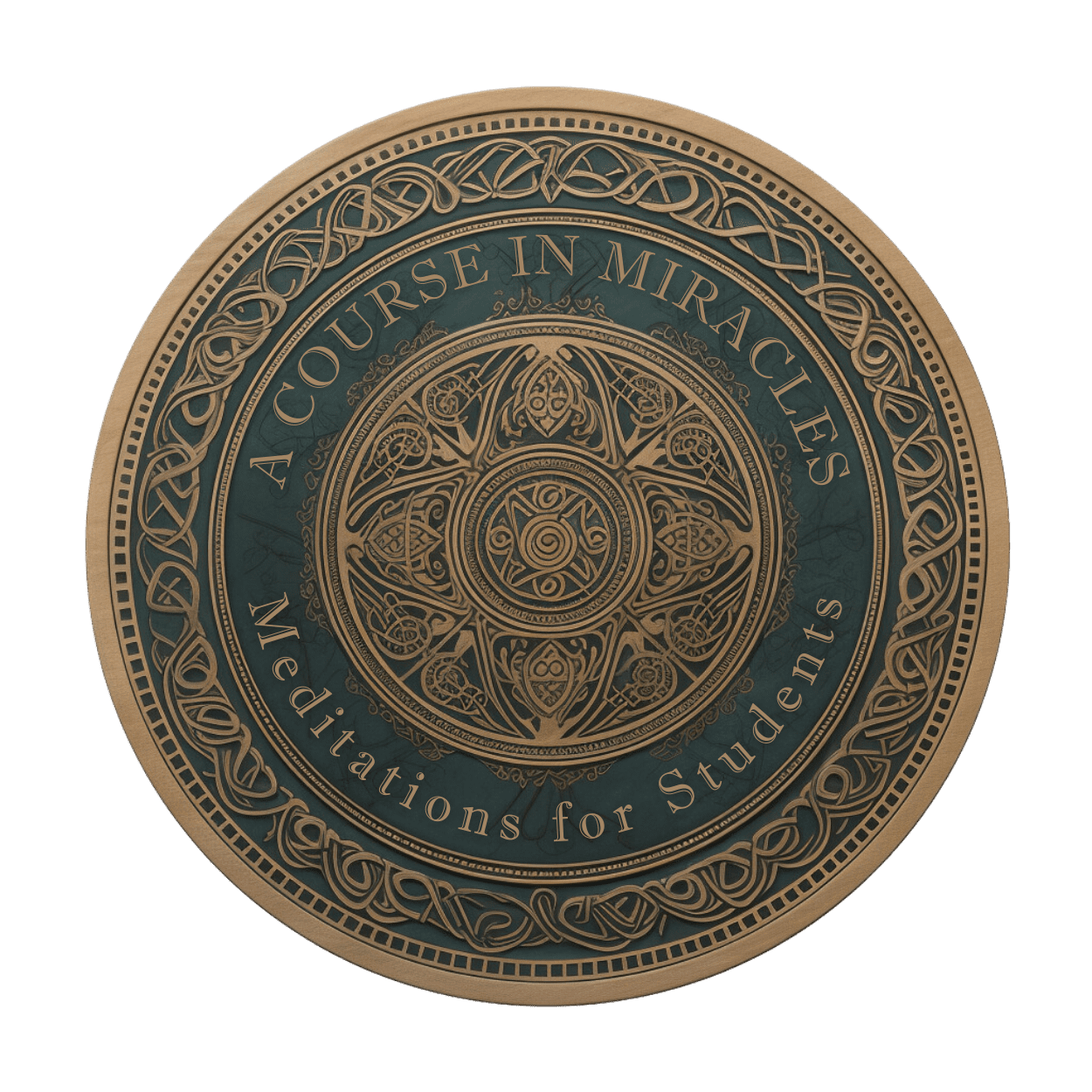
Core Teachings
Core Teachings offer a broader perspective on the overarching themes of ACIM that can lead to personal growth, inner peace, and a shift in perception. By understanding and applying these core concepts of ACIM, we can experience profound inner peace and emotional healing. ACIM provides exercises and daily lessons that can be applied in daily life to facilitate personal transformation, making its concepts actionable and applicable. The teachings collection encourages learning and discovery of the broader themes within the ACIM workbook, and point to specific lessons within the workbook that relate to the associated teaching.
Overall, these core teachings in ACIM offer a transformative framework for understanding the nature of the work as a whole.


Atonement
In A Course in Miracles (ACIM), the term “Atonement” has a specific and unique interpretation, different from traditional Christian theology. The Atonement in ACIM refers to the correction or undoing of the belief in separation from God, leading to the realization of our inherent oneness with Him and all creation.
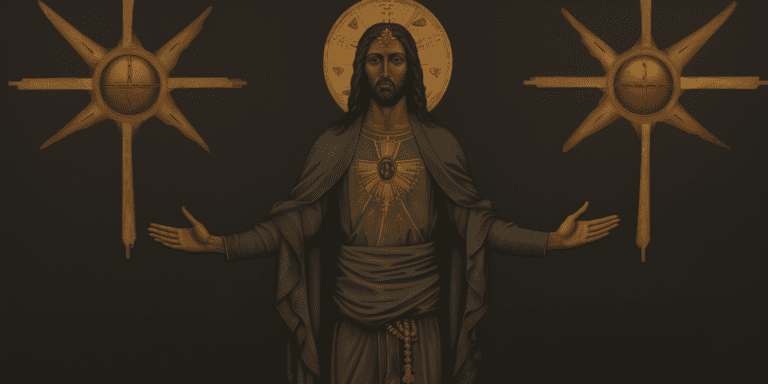
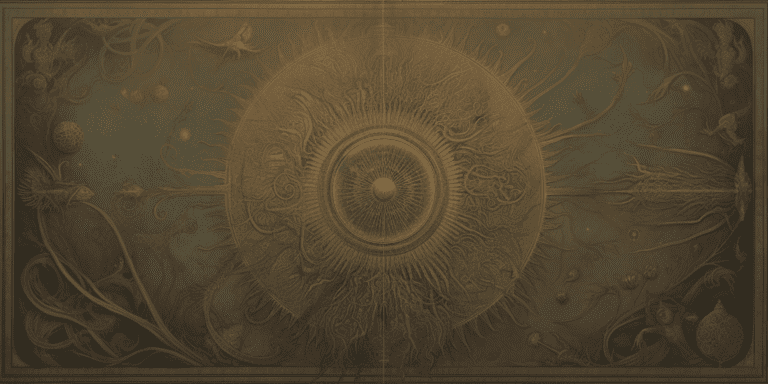

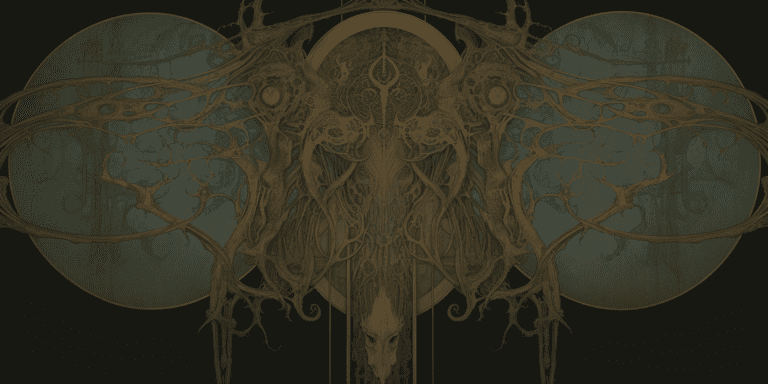



Forgiveness
In A Course in Miracles (ACIM), forgiveness plays a central role and is considered the primary means through which we can attain inner peace and happiness.


Grievances
A grievance is a form of mental suffering that arises from perceived wrongs, conflicts, or injustices. In A Course in Miracles, it is taught that these grievances obscure the light of the world, which represents the innate goodness and divine nature of all beings.


Heaven
In A Course in Miracles (ACIM), Heaven is described as a state of being rather than a physical place. It is the experience of perfect peace, love, and unity that is our natural state of being, and which can be accessed through the practice of forgiveness and the release of our attachment to the illusions of the world.

Learning & Knowledge
While not every lesson explicitly uses the terms “learning” or “knowledge,” many ACIM lessons touch upon the concepts related to learning and knowledge. Here we examine a few lessons that discuss these concepts.
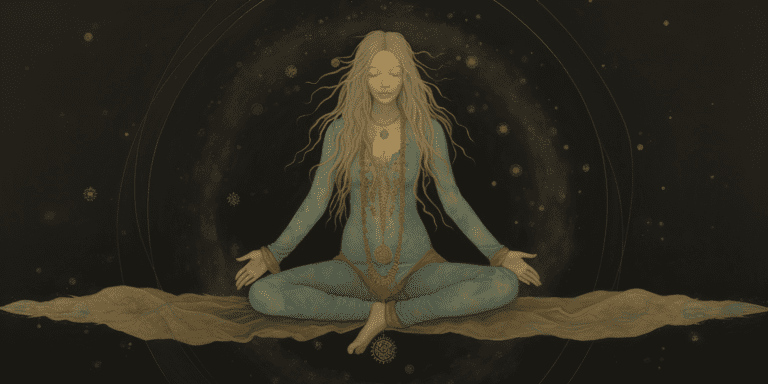
Meditation
The primary purpose of ACIM is to provide teachings about the correction of perception and the recognition of the non-dual nature of reality. ACIM doesn’t focus heavily on meditation in the way that some Eastern traditions do, but it does emphasize the importance of quieting the mind and turning inward.


Perception
Perception is the process by which individuals interpret and make sense of their experiences and the world around them.




The Holy Trinity
A Course in Miracles (ACIM) often refers to the Holy Trinity concept of the Father, the Son, and the Holy Spirit, interpreting them in a unique metaphysical framework.
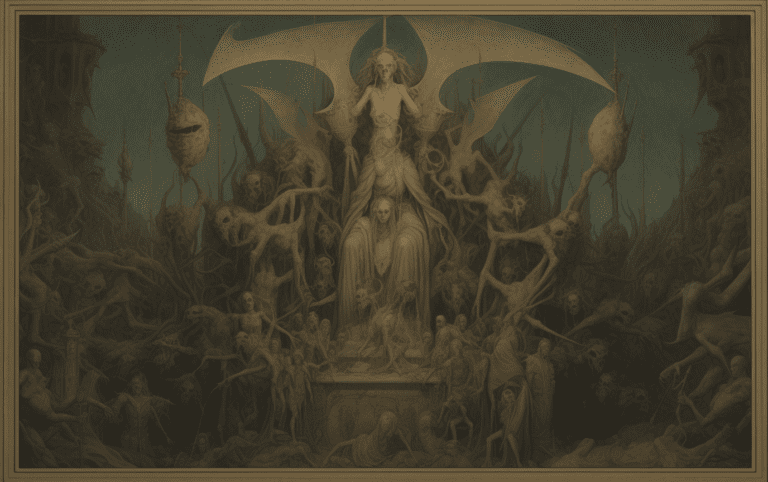
The Last Judgement
In A Course in Miracles (ACIM), the Last Judgment is given a reinterpretation that is different from traditional Christian theology. Instead of being a final,

The Second Coming
In A Course in Miracles (ACIM), the concept of the Second Coming is reinterpreted and spiritualized compared to traditional Christian beliefs. The Second Coming is not understood as a future event in which Jesus will return to Earth, but rather as a collective, inner awakening to the Christ within.